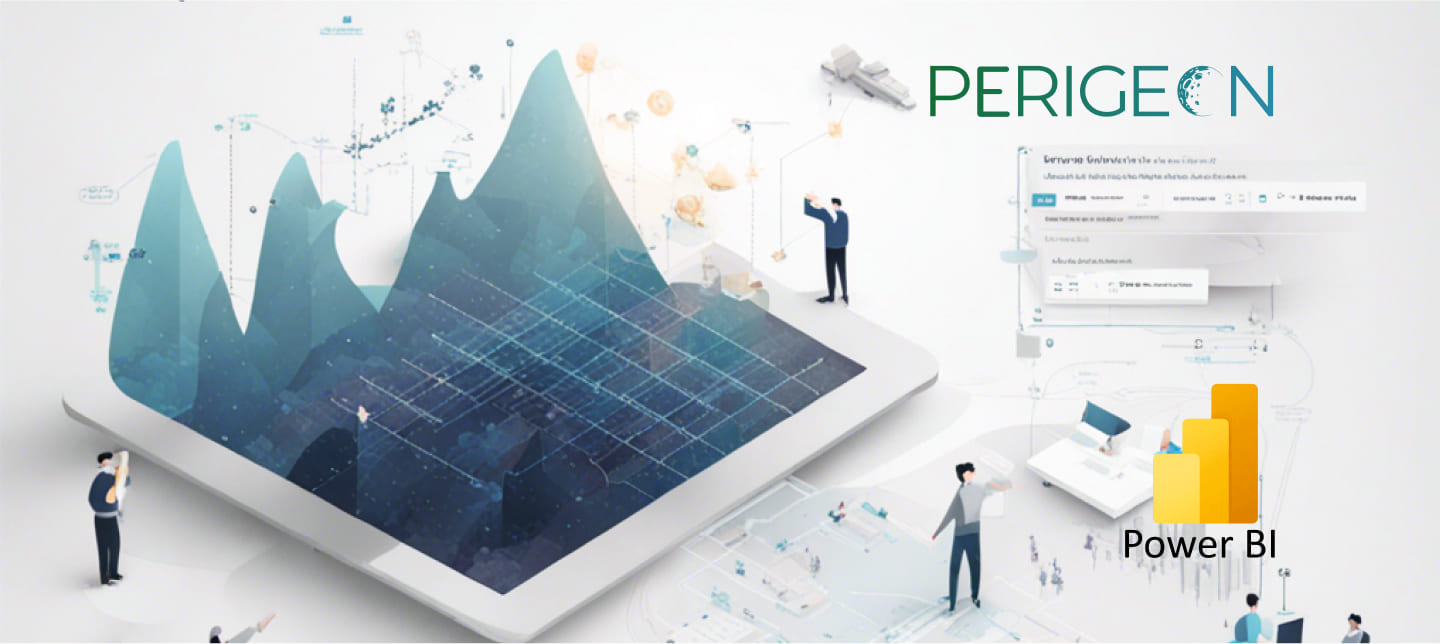In today’s data-driven business landscape, selecting the right Business Intelligence (BI) tool is critical for organizations looking to turn their data into actionable insights. The market is flooded with a myriad of BI tools, each boasting unique features and capabilities. In this blog post, we embark on a comprehensive BI tool comparison journey, exploring the strengths and weaknesses of some prominent players, to help you make an informed decision for the perfect fit for your organization.
Understanding the BI Tool Landscape:
Business Intelligence tools serve as the backbone for organizations seeking to unlock the value hidden in their data. From data visualization to analytics and reporting, the right BI tool empowers decision-makers to derive meaningful insights and drive strategic initiatives.
1. Tableau:
Strengths:
- Intuitive Data Visualization: Tableau excels in providing a user-friendly and intuitive interface for creating compelling data visualizations.
- Robust Community and Support: A vibrant user community and extensive online resources make it easy to find support and share best practices.
- Integration Capabilities: Tableau seamlessly integrates with various data sources, allowing users to connect to and analyze diverse datasets.
Considerations:
- Licensing Costs: Tableau’s licensing costs can be on the higher side for some organizations, especially for larger deployments.
- Steeper Learning Curve: While user-friendly, mastering advanced features in Tableau may require time and training.
2. Power BI:
Strengths:
- Seamless Integration with Microsoft Ecosystem: Power BI integrates seamlessly with other Microsoft tools, making it an excellent choice for organizations using Microsoft 365.
- Affordable Pricing: Power BI offers a cost-effective solution, making it an attractive option for small to mid-sized businesses.
- Extensive Data Connectivity: Power BI supports a wide range of data connectors, enabling organizations to connect to various data sources.
Considerations:
- Limited Advanced Analytics: While powerful for data visualization, Power BI’s advanced analytics capabilities may not be as extensive as some competitors.
- Customization Complexity: Creating highly customized dashboards may require a deeper understanding of the tool, posing a challenge for some users.
3. Looker:
Strengths:
- Data Modeling and Exploration: Looker excels in data modeling and exploration, providing a robust foundation for understanding complex datasets.
- Centralized Data Platform: Looker offers a centralized platform for data governance, ensuring consistency and accuracy in reporting.
- SQL-Based Query Language: Looker’s SQL-based query language allows users to write custom queries, providing flexibility and control.
Considerations:
- Learning Curve: Looker’s unique approach to data modeling may present a learning curve for users accustomed to more traditional BI tools.
- Pricing Structure: Looker’s pricing structure may be complex for some organizations, with costs tied to data usage and user seats.
4. Qlik Sense:
Strengths:
- Associative Data Model: Qlik Sense’s associative data model allows for intuitive exploration of data relationships, enabling users to discover insights dynamically.
- Collaboration Features: Qlik Sense emphasizes collaboration, allowing users to share insights and collaborate in real-time.
- Governed Self-Service: Qlik Sense strikes a balance between self-service analytics and centralized governance, offering a governed environment.
Considerations:
- Pricing: Qlik Sense’s pricing may be a consideration for organizations on a tight budget, as it tends to be positioned as a premium solution.
- Visual Design Customization: While Qlik Sense offers strong visualization capabilities, some users may find its customization options less extensive compared to other tools.
5. Domo:
Strengths:
- Cloud-Native Platform: Domo is a cloud-native platform, offering flexibility and scalability without the need for extensive on-premises infrastructure.
- No-Code Analytics: Domo emphasizes a no-code approach to analytics, enabling business users to create dashboards without advanced technical skills.
- Mobile Accessibility: Domo provides robust mobile accessibility, allowing users to access insights and reports on the go.
Considerations:
- Pricing: Domo’s pricing model may be on the higher side for some organizations, especially those with large user bases.
- Advanced Analytics: While suitable for basic analytics and reporting, Domo’s advanced analytics capabilities may not match those of some competitors.
Selecting the right BI tool is a pivotal decision that directly impacts an organization’s ability to derive insights from its data. The choice between Tableau, Power BI, Looker, Qlik Sense, or Domo depends on various factors, including specific business needs, user preferences, and budget constraints. It’s crucial to conduct a thorough BI tool comparison, considering strengths, considerations, and aligning features with your organization’s goals. Ultimately, the perfect BI tool is the one that seamlessly integrates with your data landscape, empowers users, and catalyzes informed decision-making for your organization’s success.
Perigeon Software is a software development firm. With a fresh perspective and dedicated attention to each client, we provide a complete IT solution globally. By defining, designing, and developing solutions tailored to meet our clients’ business objectives, we ensure that our clients get the maximum return on their investment and support them in tackling evolving business and technological issues. Our mission is to provide the best customer service and expertise using the most practical and robust web technologies/software technologies to satisfy our clients’ IT objectives and to provide them with the business and competitive advantage they needed to succeed.
To learn more about perigeon’s capabilities, visit: https://www.perigeon.com/
Drop us a mail at possibilities@perigeon.com to discuss your salesforce requirement.




